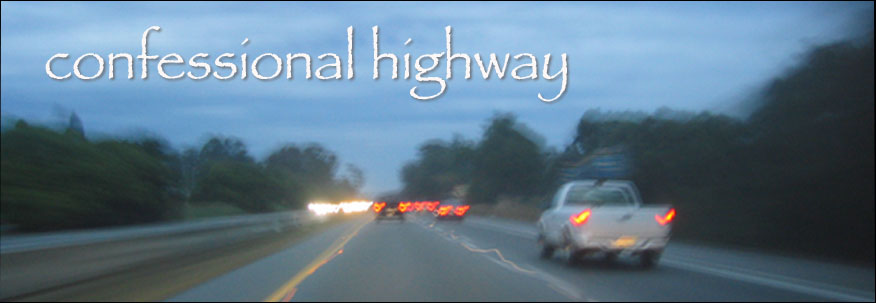Seeing the comb takes me back to a barefoot day on the beach fifteen years ago. My wedding. The somewhat sparkly accessory draws the hair off my face. A time in my life before so much experience. A time before so much history. A time when I believed in the love I was pledging.
That love is long gone.
I look at the comb in my hand: it’s time to get this out of my house. I feel that the wedding ornament hiding in my bathroom has kept me stuck, bonding me to my past. I don’t normally believe in such things, but I don’t question the thought. And the message goes deeper: don’t simply put the comb in the trash. I don’t know why I know this, but I do, and as my intuition is often demure, when it speaks up, I try to listen. The disposal of the comb requires something ceremonial.
I picture burying it on the beach, but that instantly feels wrong as if I’m offering it a permanent spot in my life, as if it will live in my own backyard, in my soil, and be a part of my future. I want it gone, not living with me, so instead I imagine leaving it out in the open, someplace that someone will pick it up, desire it, give it a different life.
Later in the day, just before leaving home, I remember the comb and shove it in my purse. I drop my son at his friend’s and head towards a movie theater to attend a documentary film. But I’m early. Really early. I stop at one of those warehouse-type shoe stores. Look around. Try on boots. Sightsee. And suddenly I realize this is where I must leave the comb. An accessory amongst accessories. I’m abandoning it amidst its peers.
I pull the comb from my purse, wander down one aisle, looking left, looking right. I glance about like a shoplifter. And then I see the spot, an inviting gap between two welcoming shoes on display. I place the comb carefully and quickly. It feels right, and I scurry off with a smile.
At the theater, I buy my ticket and move into line. A passing man catches my eye. Slightly shaggy hair. Walking alone. And then he’s gone. The line starts walking towards the theater. I stop in the bathroom, delaying my entry to take a seat.
Eventually I enter the theater and walk to my preferred row, close but not too close. I duck in to the right. And there he is. The man from outside, two seats away from me. As the lights go down, he leans over and asks why I came to this film. I only choke out a brief response about my general interest in documentary film rather than my more specific answer, for the first trailer is playing and the crowd is already silent.
The powerful film transports me deep into thought. I no longer think of the man beside me. If he suddenly spoke to me, I wouldn’t manage small talk. Films do that to me, take me so far outside myself that I need some time for reentry. That’s why I often go to movies alone. I need post-film silent time to process and return to the living.
But when the lights come up, my neighbor starts talking to me. I say that I wanted to see the film after reading an article explaining how the story of Jonestown and the Peoples Temple was far more complex than the media lead us to believe in the late 70s when the mass suicide/murder occurred. We leave the theater in conversation and end up having a drink. We talk about seeing another film together. We exchange numbers.
A spontaneous encounter like this hasn’t happened to me in a long time. Driving home, I remember that I recently had an image of meeting a man at a movie theater. And I realize that it’s odd that I didn’t think of that all evening.
I’m not saying my movie encounter means anything. I’m not claiming this man and I will ever see each other again. But our drink felt like the capping moment on my comb disposal ceremony. For that alone, I am grateful and willing to believe in a little magic.
Tags:



